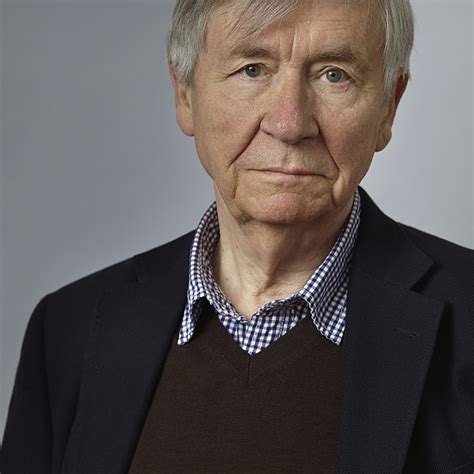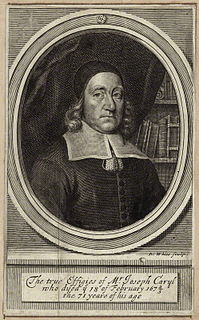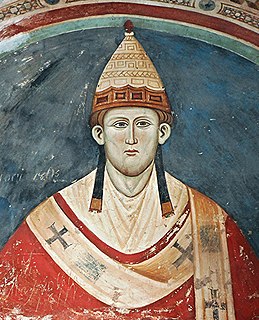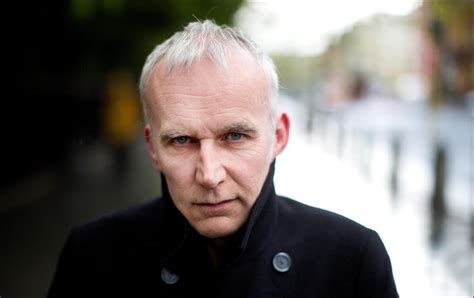A Quote by Piers Paul Read
Writing is a vocation and, as in any other calling, a writer should develop his talents for the greater glory of God. Novels should be neither homilies nor apologetics: the author's faith, and the grace he has received, will become apparent in his work even if it does not have Catholic characters or a Catholic theme.
Related Quotes
I believe that this Republic will endure for many centuries. If so there will doubtless be among its Presidents Protestants and Catholics, and very probably at some time, Jews. I have consistently tried while President to act in relation to my fellow Americans of Catholic faith as I hope that any future President who happens to be Catholic will act towards his fellow Americans of Protestant faith. Had I followed any other course I should have felt that I was unfit to represent the American people.
I do not believe that it is necessarily the duty of the writer to give a voice to his community. If a writer is true to his vocation, to his or her vocation, the very process of creativity enlarges these human horizons. It provides insights, even when you're not writing, when your writing's not dealing with a concrete political situation.
The historian should be fearless and incorruptible; a man of independence, loving frankness and truth; one who, as the poets says, calls a fig a fig and a spade a spade. He should yield to neither hatred nor affection, not should be unsparing and unpitying. He should be neither shy nor deprecating, but an impartial judge, giving each side all it deserves but no more. He should know in his writing no country and no city; he should bow to no authority and acknowledge no king. He should never consider what this or that man will think, but should state the facts as they really occurred.
God takes the most eminent and choicest of His servants for the choicest and most eminent afflictions. They who have received most grace from God are able to bear most afflictions from God. Affliction does not hit the saint by chance, but by direction. God does not draw His bow at a venture. Every one of His arrows goes upon a special errand and touches no breast but his against whom it is sent. It is not only the grace, but the glory of a believer when we can stand and take affliction quietly
A Christian, who realizes he has been made in the image of the Creator God and is therefore meant to be creative on a finite level, should certainly have more understanding of his responsibility to treat God's creation with sensitivity, and should develop his talents to do something to beautify his little spot on the earth's surface.
The Pope should not flatter himself about his power nor should he rashly glory in his honor and high estate, because the less he is judged by man, the more he is judged by God. Still the less can the Roman Pontiff glory because he can be judged by men, or rather, can be shown to be already judged, if for example he should wither away into heresy; because he who does not believe is already judged, In such a case it should be said of him: 'If salt should lose its savor, it is good for nothing but to be cast out and trampled under foot by men.'
But the saints are never the kind of killjoy spinster aunts who go in for faultfinding and lack all sense of humor. (Nor should the Karl Barth who so loved and understood Mozart be regarded as such.)For humor is a mysterious but unmistakable charism inseparable from Catholic faith, and neither the "progressives" nor the "integralists" seem to possess it - the latter even less than the former.
The Pope, if nothing else, should be a Catholic. If he were to announce that women would make great priests, except it's a pity that more of them aren't gay, because of the greater compassion they could bring to the task, it might endear him to liberal Catholic commentators , but it would make him something other than a Catholic, in the true sense.
It is God’s will through His wonderful grace, that the prayers of His saints should be one of the great principal means of carrying on the designs of Christ’s kingdom in the world. When God has something very great to accomplish for His church, it is His will that there should precede it the extraordinary prayers of His people; as is manifest by Ezekiel 36:37. and it is revealed that, when God is about to accomplish great things for His church, He will begin by remarkably pouring out the spirit of grace and supplication (see Zechariah 12:10).






































